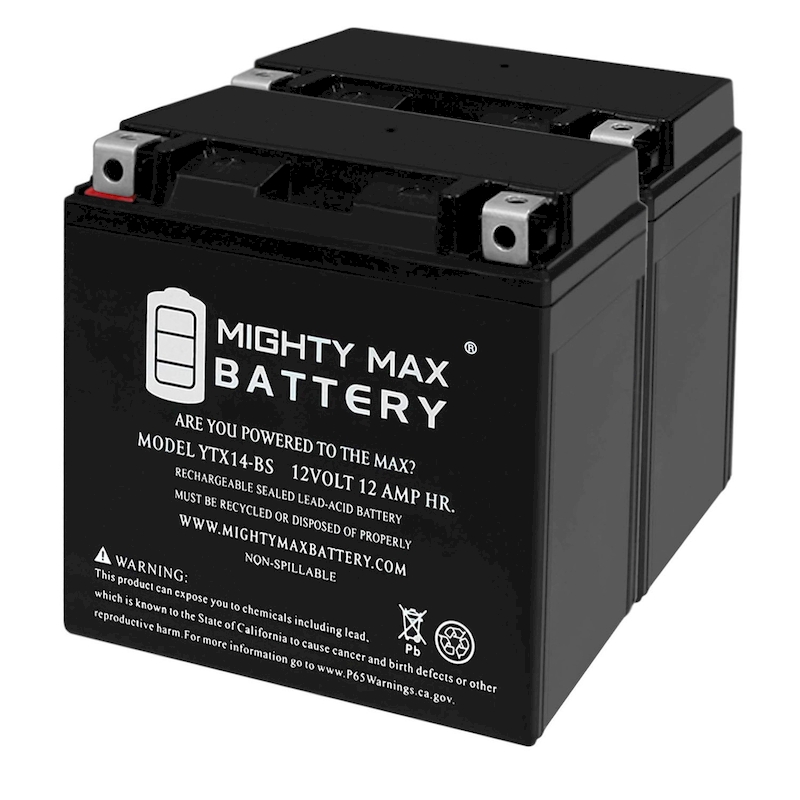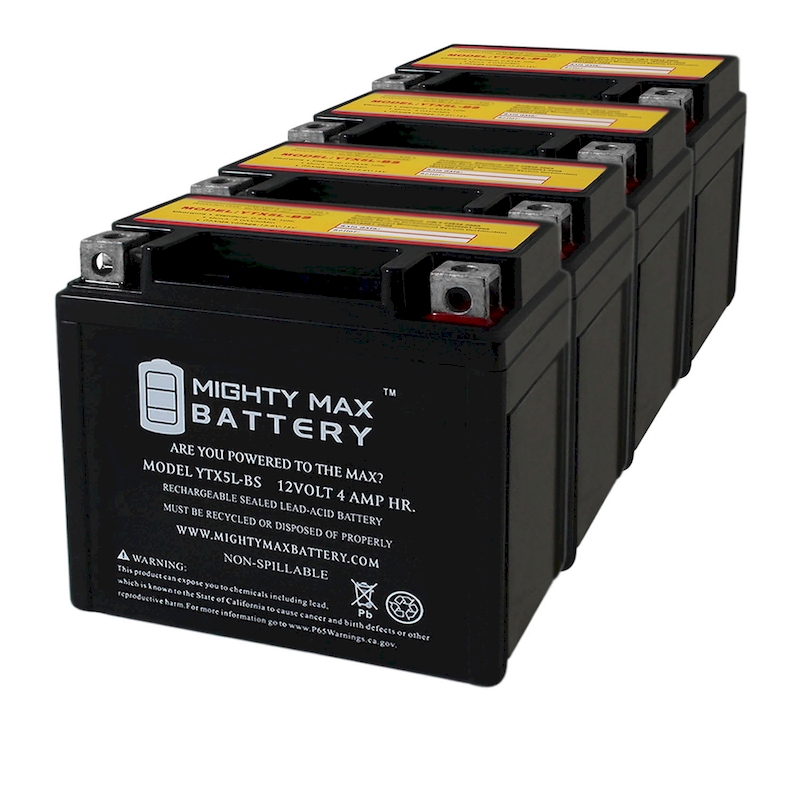Old car batteries are a common issue for vehicle owners. They have a finite lifespan and eventually lose their ability to hold a charge, leading many to wonder what to do with old car batteries once they reach the end of their useful life. The stakes are high if proper disposal and recycling techniques aren’t employed, as they contain hazardous materials that can harm the environment. Thankfully, there are numerous strategies for handling these batteries that not only ensure safety but also promote sustainability. In this article, we will delve into various options for what to do with old car batteries, including recycling, safe disposal, and even creative ways to repurpose them. Whether you’re a car enthusiast or just looking for an eco-conscious solution, this guide will provide thorough and practical guidance.

Understanding Car Battery Basics
Before diving into the best practices for what to do with old car batteries, it’s important to understand the types of batteries commonly used in vehicles and their components. Most modern cars run on lead-acid batteries, which contain a mix of lead, sulfuric acid, and water. These batteries are known for their reliability and efficiency in starting engines. However, once they reach the end of their lifecycle—with most batteries lasting between three to five years—they pose a risk if not properly handled.
Understanding the make-up of car batteries is crucial for making informed decisions regarding their disposal or recycling. The components are harmful if released into landfills, potentially contaminating soil and water sources. Therefore, knowing what to do with old car batteries can significantly contribute to protecting the environment.
Safe Disposal Methods
One of the most important aspects of what to do with old car batteries is ensuring safe disposal. Throwing batteries in the trash or discarding them improperly can have detrimental environmental effects. Here are several safe disposal options to consider:
Take Them to a Recycling Center
Recycling centers specializing in hazardous waste and batteries are equipped to handle the material safely. Many of these facilities can extract valuable resources from old batteries, such as lead and plastic, which can be reused to create new batteries or other products. To find a recycling center in your area, you can utilize resources like Earth911, which provides location-based recycling information.
Participate in Battery Return Programs
Many auto parts stores and battery retailers offer battery return programs, allowing you to drop off your old car battery for proper recycling. Some may even offer incentives for returning your battery to encourage responsible disposal. Stores like AutoZone, O’Reilly Auto Parts, and Advance Auto Parts typically have such programs. And call your local store to confirm participation and any potential rewards.
Local Hazardous Waste Events
Municipalities frequently hold hazardous waste collection events where residents can safely dispose of items like batteries, electronics, and chemicals. Check your local government’s website or contact them directly for information on upcoming events in your area. This is an excellent opportunity to not only dispose of your old car battery but also get rid of other hazardous items.
Recycling Options for Old Car Batteries
Recycling is one of the most effective ways to manage old car batteries, contributing to a circular economy and reducing the environmental impact. Here are some recycling options available:
Industrial Recycling Programs
Several industrial programs focus on recycling car batteries. These are primarily used by manufacturers who utilize recycled lead and other materials extracted from used batteries to create new ones. Participating in these programs can significantly reduce the carbon footprint associated with producing new batteries. Moreover, look for local manufacturers that accept old car batteries for recycling.

Community Battery Drives
Occasionally, communities organize battery drives where residents can bring their old car batteries for collection and recycling. Moreover, these events not only promote awareness of battery recycling but also encourage community involvement in sustainability efforts. Stay connected with local community boards or social media groups to learn about the next battery drive in your neighborhood.
Repurposing Old Car Batteries
If you’re looking for creative solutions on what to do with old car batteries, repurposing them can be a fun and useful way to extend their lifecycle. Here are some innovative ideas to consider:
Creating a Solar Power System
Old car batteries can potentially be repurposed into a solar power system. While older batteries may not hold charge as effectively as newer ones, they can still be utilized as backup storage for solar setups in remote areas or for DIY enthusiasts. Strengthening your knowledge in electrical systems is key before embarking on this project to ensure safety and efficacy.
Battery Backup for Home Use
In certain cases, you can convert an old car battery into a backup energy source for your home. Use it to power lights, fans, or other small appliances during power outages. This project involves connecting the battery to an inverter. However, consider consulting with an electrician or energy expert to ensure everything is done safely and effectively.
Decorative Garden Art
For those with a creative flair, old car batteries can be transformed into unique garden art. With a little imagination and craftsmanship, you can turn a battery into a garden planter or sculpture. While this may not be a practical use, it’s an excellent way to keep the battery out of landfills while adding character to your outdoor space.

Maintenance Tips for Car Batteries
To prolong the lifespan of your car battery and delay the need for disposal, regular maintenance is important. Here are some essential tips:
Regular Inspections
Conduct periodic checks of your battery for signs of corrosion, leaks, or bulging. Keeping the terminals clean and ensuring a secure connection helps in prolonging the overall life of the battery. If you notice any concerning issues, it may be time to consider replacing the battery before it fails completely.
Optimal Charging Practices
Following appropriate charging methods while using your car battery will help maintain its health. Moreover, avoid deep discharges, as this can reduce lifespan. Additionally, if you have accessories that drain the battery while the car is off, regularly monitor and maintain the battery state to prevent complete discharge.
Maintain a Balanced Environment
Extreme temperature changes can contribute to battery decline. If possible, store your vehicle in a garage to shield it from extreme cold or heat. Ideally, the temperature should remain consistent to ensure optimal performance and longevity.
Conclusion: Making Informed Decisions
When it comes to what to do with old car batteries, several options exist that prioritize safety, environmental sustainability, and creativity. From properly recycling the batteries at designated centers to finding new, innovative uses, vehicle owners can make informed choices that benefit both themselves and the planet. By undertaking responsible disposal and exploring recycling methods, individuals can play an active role in reducing hazardous waste and promoting a healthier environment. Remember to always adhere to local laws regarding battery disposal, and when in doubt, seek advice from professionals.
Recycling and repurposing old car batteries not only ensures safety but can also stimulate local economies and foster community development. Embrace the challenge of finding solutions that work for you while ensuring the well-being of the planet—your old car battery may just have more life left in it than you think.

